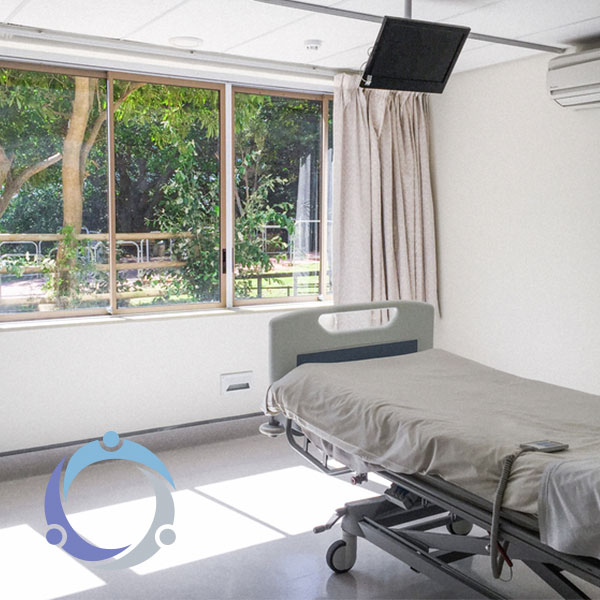
Contributed by Christine Binney
There’s no doubt about it; heading into surgery is scary. Even if you have a trusted doctor, great statistics for success and a strong network of support, surgery is still extremely nerve-wracking. The good news is that being well prepared to check into the hospital can help alleviate much of your anxiety. Use this handy hospital checklist so you can feel confident and prepared when checking into surgery.
Contact providers
The day before your surgery, call the doctor’s office to confirm the time and location of the operation. Also prior to surgery, touch base with your insurance provider for questions about a co-payment or deductible. If you will be paying a co-payment or deductible, bring your health insurance card and a check, credit card or cash on the day of surgery.
Take stock of your medications
Some medications can have adverse effects on your response to anesthesia while others can delay your recovery. Be sure that when you schedule your surgery, you check with your doctor to see if you should refrain from taking any medications in the days leading up to or following your surgery.
On the day of surgery, bring a printed list of all of your current medications with you to the hospital and share it with your doctor or nurse upon arrival. Your hospital checklist should include any prescription medications, herbs, vitamins, supplements and any over-the-counter medications including pain relievers and allergy medicines that you are currently taking.
Recruit a driver
After surgery, you will be required to be accompanied by someone who can drive you home, since the drugs from surgery can severely alter your reaction time and perception. This person must be able to escort you all the way into your home and ideally will stay with you for 24 hours after the surgery, so simply calling a cab driver is not a sufficient solution. You can use the tools in the Lotsa Helping Hands community to help your friends and family coordinate your ride and post-surgery care.
Know your medical history
Prior to your surgery, you will be visited by an anesthesiologist who will want to know your medical history so that they can properly plan your anesthesia. If you have had anesthesia in the past, recall how you reacted to it. Similarly, any allergies (food, drugs, environmental, etc.) should be considered a high priority when sharing information in your hospital checklist.
Don’t eat or drink
In most instances, you will be asked not to eat or drink anything after midnight the night before your surgery. This includes mints, gum and water. If your doctor has ordered you to take any medications the morning of, then you can take them with a small sip of water. Do brush your teeth in the morning, but be sure not to swallow any of the water. It’s important to follow the food and drink rules your doctor lays out for you because an empty stomach decreases the risks from anesthesia.
Start with a clean slate
The skin tone of your face and underneath your nails is an important indicator for doctors to tell how you are doing during and after surgery, so it’s important to remove all makeup and nail polish before checking in. Even eye makeup must be removed because you don’t have a blink reflex when under anesthesia, so small particles of eyeliner or mascara could cause injury to your eyes.
Prior to surgery, you will also be asked to remove any contact lenses, dentures or hearing aids, so be sure to bring cases as necessary. For numerous reasons, all jewelry, including piercings, must be removed prior to surgery. To avoid losing any valuables, your best bet is to just leave it at home.
Bring entertainment
Your hospital checklist should include an activity that will help take your mind off of your fears before surgery. Bring a good book or a crossword puzzle to keep you occupied while you sit in the waiting room. Better yet, bring a friend with you who can keep you in good spirits while you wait.

